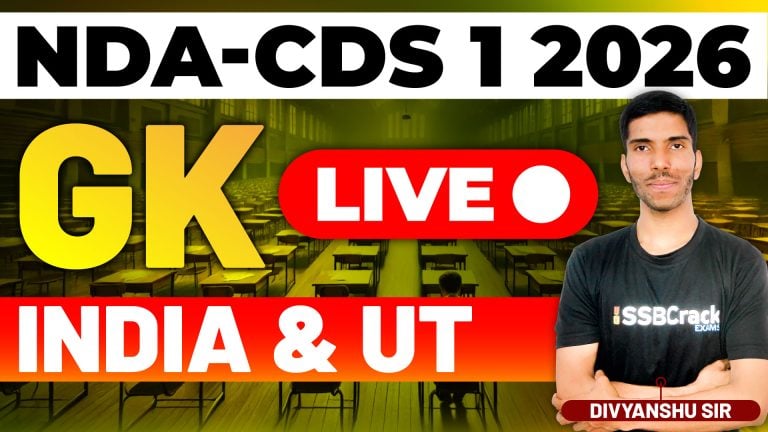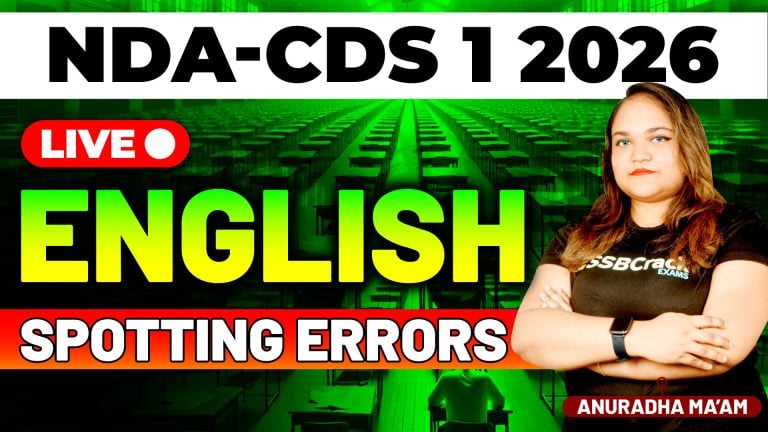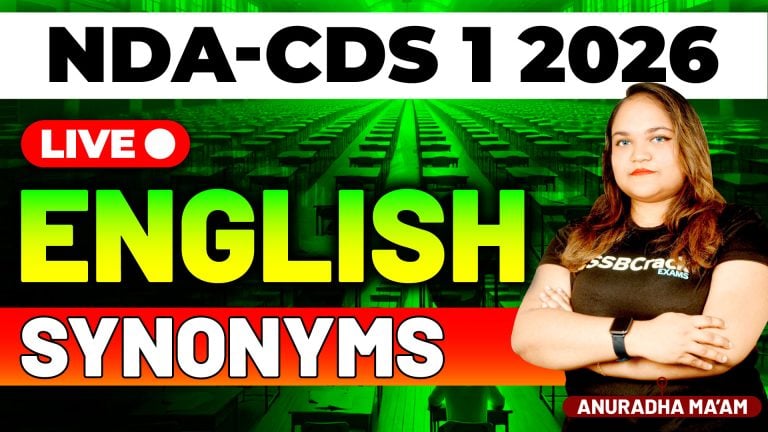For students preparing for the Combined Defence Services (CDS) and National Defence Academy (NDA) examinations, a comprehensive understanding of polity and the basic structure of institutions is not just an academic requirement but a foundational element for future leadership roles in the armed forces. The intricate relationship between governance, law, and the armed forces necessitates a robust knowledge of how our political system and its institutions function. This article delves into the importance of this knowledge and its relevance for CDS and NDA aspirants.
Understanding Polity: A Cornerstone of National Governance
Polity refers to the form of government and its political framework, encompassing the Constitution, political institutions, and the processes through which they operate. For CDS and NDA students, understanding polity is crucial for several reasons:
- Foundation of the Constitution: The Indian Constitution is the supreme law of the land, outlining the framework within which the country’s political system operates. A deep understanding of its provisions, such as fundamental rights, duties, and the distribution of powers between various branches of government, is essential for future officers who will swear to uphold it.
- Role of the Armed Forces in Democracy: The Indian Armed Forces are apolitical and subordinate to the civilian authority as enshrined in the Constitution. Understanding the principles of civilian supremacy and the rule of law helps officers appreciate their role within a democratic framework and ensures they operate within the boundaries of constitutional propriety.
- Crisis Management and Decision Making: Officers in the armed forces are often at the forefront of responding to national emergencies and crises. Knowledge of the political and legal framework assists in making informed decisions that align with constitutional mandates and uphold democratic values.
The Basic Structure Doctrine: Safeguarding Democracy
The basic structure doctrine is a judicial principle that certain fundamental features of the Constitution cannot be altered by parliamentary amendments. Introduced by the Supreme Court in the landmark Kesavananda Bharati case (1973), this doctrine ensures the preservation of the Constitution’s core values. For CDS and NDA students, understanding this doctrine is vital for the following reasons:
- Constitutional Stability: The basic structure doctrine protects the essential features of the Constitution, such as the separation of powers, the rule of law, and judicial review. This ensures that no transient political majority can undermine the foundational principles of the nation, providing a stable and predictable legal environment within which the armed forces operate.
- Legal Awareness: Future officers must be aware of their constitutional rights and obligations. Understanding the basic structure helps them recognize the limits of their authority and the importance of adhering to legal and constitutional norms, especially in situations involving internal security or military justice.
- Ethical Leadership: Knowledge of the basic structure fosters ethical leadership by instilling a respect for the rule of law and democratic principles. Officers who are well-versed in constitutional values are better equipped to lead with integrity and uphold the dignity of their office.
Application in Military Training and Operations
- Strategic Decision-Making: Officers who understand polity and constitutional principles can make strategic decisions that respect national sovereignty and democratic values, whether in domestic operations or international engagements.
- Civil-Military Relations: A sound understanding of the political framework helps maintain healthy civil-military relations, ensuring that military actions are in sync with the broader goals of the state and society.
- Civic Education: As leaders, officers have a role in educating their subordinates about constitutional values and civic responsibilities, fostering a well-informed and conscientious military force.
Conclusion
For CDS and NDA students, mastering the concepts of polity and the basic structure of institutions is not merely about passing exams; it is about preparing for a lifetime of service to the nation. This knowledge equips future officers with the tools to navigate the complex interplay between military duties and constitutional responsibilities, ensuring that they uphold the highest standards of democratic governance and ethical leadership. As custodians of the nation’s security, they must embody the principles enshrined in the Constitution, guiding their actions and decisions with wisdom and integrity.







